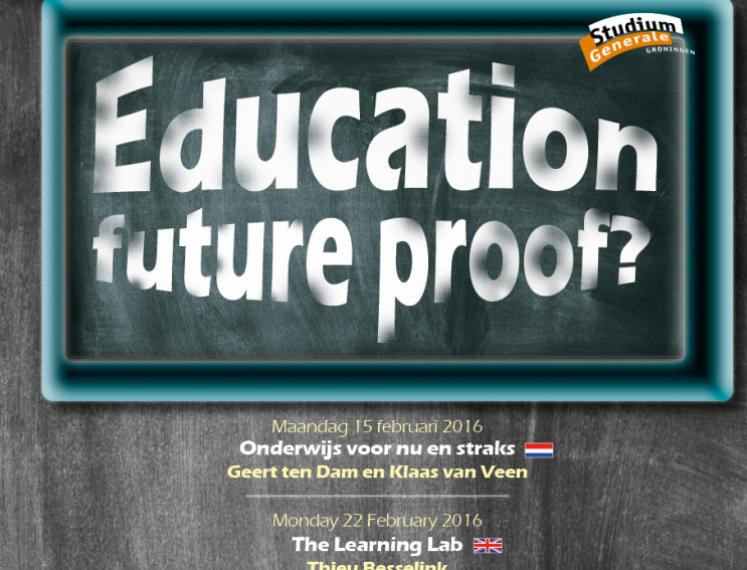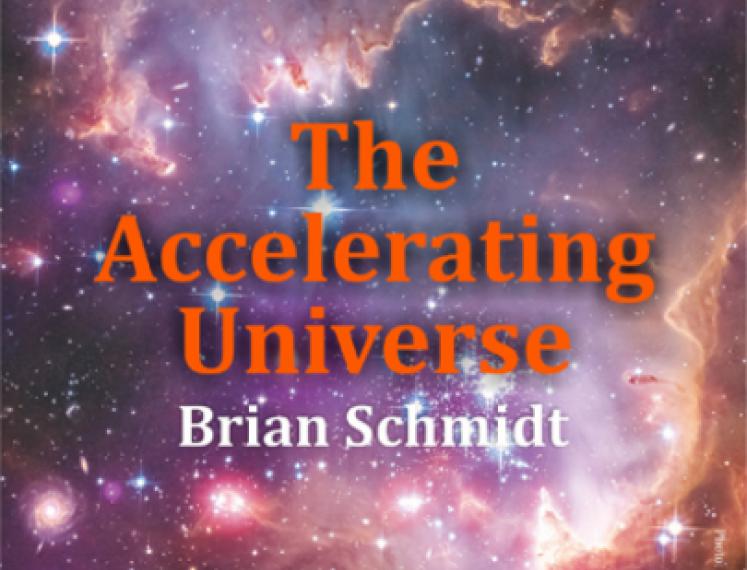Uncertainty in Language and Thought
People have an interesting way of reasoning. It seems quite logical to us, but it has proven difficult to implement this in the ultimate logical system, the computer. How can you translate the flexible, context-sensitive nature of human understanding into working computer programs?
People have an interesting way of reasoning. It seems quite logic to us. When a friend says to you that “some Italians like ice-cream”, you almost automatically infer that “not all Italians like ice-cream”, even if that does not logically follow from your friend’s statement. You reason: “if all Italians liked ice-cream, my friend would have said so.” However, this type of reasoning is not so straight forward when you have to translate it into computer models. How can you create people’s knowledge and common-sense reasoning in computer models? Professor Noah Goodman uses probabilistic programs, which can be seen as a merger between programming languages and statistics. These probabilistic programs help to understand several interesting phenomena in communication between people. You can also apply probabilistic programming models to vagueness of adjectives, which are often context dependent. Exaggeration also benefits from explanation by probabilistic programs. They help to see why “Bob talked for ten thousand minutes” conveys more about the opinion of the speaker about Bob’s talking, than about actual time. But can these probabilistic models really predict the flexible, context-sensitive nature of human understanding?
Noah Goodman is Assistant Professor of Psychology, Linguistics (by courtesy), and Computer Science (by courtesy) at Stanford University. He studies the computational basis of human thought, merging behavioral experiments with formal methods from statistics and logic. Specific projects vary from concept learning and language understanding to inference algorithms for probabilistic programming languages. He received his Ph.D. in mathematics from the University of Texas at Austin in 2003. In 2005 he entered cognitive science, working as Postdoc and Research Scientist at MIT. In 2010 he moved to Stanford where he runs the Computation and Cognition Lab.
Interesting links
Website Noah Goodman



